The UK Government Accepts NFTs With Open Arms
The UK government has defied its own regulators by throwing the doors wide open to cryptocurrencies and NFTs.
While regulators around the world have been clamping down on cryptocurrencies, the British government has adopted a somewhat more enthusiastic approach. Speaking at a global finance summit recently, Economic Secretary to the Treasury, John Glen, announced the chancellor had instructed the Royal Mint to create a new NFT to be ready by the summer. It’s a signal to the world that the UK is “open for crypto businesses.”
What are NFTs?
Non fungible tokens (NFTs) are a rapidly growing part of the cryptocurrency sector which use digital verification of ownership for virtual assets. They have become popular in the gaming and art worlds but are showing potential across a variety of industries, including finance.
The new NFTs will be produced by the Royal Mint as a symbol of the UK’s drive to take a leading role in the cryptocurrency space. More information will be released in due course, along with promises of further changes that will allow the UK to lead the way in the crypto space.
UK Government allows stable coins
As part of this, the UK Government is set to allow so-called, stable coins, which have their values pegged to a non-crypto asset to be used for payments. These stable coins market themselves as being less volatile than true cryptocurrencies due to their connection to a physical asset or currency. The most common are pegged to the Dollar, although a growing number are choosing to link to gold.
Other proposals include:
· Consulting on a world-leading regime for regulating trade in cryptocurrencies including bitcoin.
· Asking the Law Commission to consider the legal status of communities on the blockchains known as decentralised autonomous organisations (DAOs).
· Examining the tax treatments for decentralised finance (DeFi) loans which allow crypto users to earn interest on their savings.
· Exploring the potential for blockchain technology to be used in issuing debt instruments.
· Develop a crypto-assets engagement group hosted by ministers.
NFT and crypto concerns
In taking this stance, the UK is pushing against its own regulators who have been somewhat more cautious. Andrew Bailey, the Governor of the Bank of England, described them as the ‘front line for scams.’
The FCA, meanwhile, has been working to adapt its approach to cryptocurrencies over the recent years. It has ordered all crypto companies operating in the country to register with the authorities, thereby requiring them to adhere to strict anti-money laundering guidelines. So far, just 33 crypto companies have been fully registered to operate in the UK out of more than 100 which have applied.
“We shouldn’t be thinking of regulation as a static, rigid thing. Instead, we should be thinking in terms of regulatory ‘code’ — like computer code — which we refine and rewrite when we need to.” John Glen.
The UK Government is signalling its intention to become one of the friendliest environments for cryptocurrencies and blockchain innovation. In doing so, they are positioning themselves to become a hub for what many believe could be a truly transformative opportunity in the finance sector, while other territories are trying to refine their approach to regulation first. The UK’s approach will encourage the financial sector to push ahead with their cryptocurrency innovations, but they will also have to keep in mind a regulatory environment which could change rapidly.
Cryptocurrency is a new and fast-moving environment. Regulators do not fully understand how they should approach it, and with the UK Government forging ahead, it’s creating opportunities. However, any organisation getting involved will have to ensure they can adapt to future regulatory changes which may affect their work.

